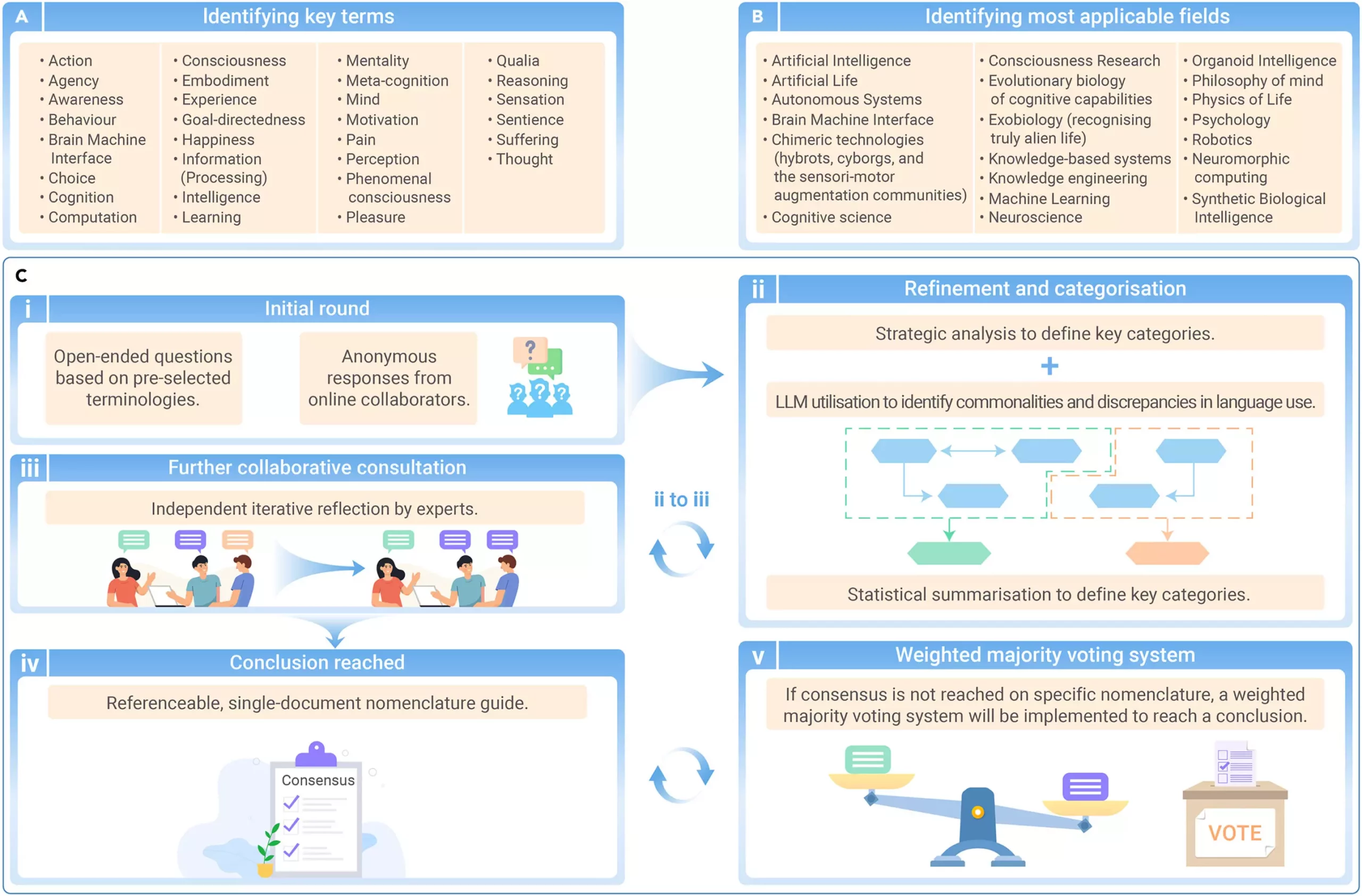In a rapidly evolving landscape of artificial intelligence (AI) and biological intelligences, there is a pressing need for a unified language to define key concepts and phenomena. A recent study led by Cortical Labs has called for collaboration among scientists, ethicists, and researchers from various countries to establish a common nomenclature in the field of ‘diverse intelligent systems’. This initiative aims to address the growing ambiguity and confusion surrounding terminology in the domain of generally intelligent systems.
The field of generally intelligent systems is marked by rapid developments and divergent perspectives, leading to a wide range of interpretations and definitions for key terms such as ‘intelligence’. With the emergence of technologies like Large Language Models (LLMs) and organoid intelligence, the need for a standardized language becomes crucial in facilitating communication and understanding across disciplines. Without a common framework for terminology, discussions in this area risk being mired in disagreement and obscurity.
The Collaborative Effort
Cortical Labs, along with researchers from different countries, have embarked on a collaborative effort to define a set of key terms that will serve as the foundation for a unified language in the field of diverse intelligent systems. By involving a diverse group of experts and stakeholders, the initiative aims to create a comprehensive guide that researchers can rely on for clarity and consistency in their work. Through a community-based approach, the study seeks to bridge the gap between various disciplines and establish a shared language that can accommodate the complexities of evolving technologies.
To achieve consensus on nomenclature, the collaboration will employ a mixed method approach with a modified Delphi method. This structured process involves multiple rounds of consultations, refinement, and categorization of terms until a level of agreement is reached. In cases where consensus proves elusive, a weighted majority voting system will be used to resolve differences and finalize the language guidelines. By involving a wide range of experts and stakeholders in this process, the initiative aims to create a comprehensive and inclusive framework that can be adopted across different fields related to generally intelligent systems.
The establishment of a unified language for diverse intelligent systems has significant implications for research and development in areas such as artificial intelligence, machine learning, consciousness research, and robotics. By providing a common vocabulary and set of terms, the initiative aims to enhance communication, collaboration, and innovation in these rapidly evolving fields. Researchers and scientists working in these domains stand to benefit from a standardized language that enables them to express ideas and concepts with clarity and precision.
The call for collaboration to define a unified language for diverse intelligent systems represents a significant step towards fostering greater clarity and consensus in the field of generally intelligent systems. By bringing together experts from around the world, this initiative seeks to address the challenges of ambiguity and confusion in terminology, paving the way for more effective communication and collaboration in the realm of AI and biological intelligences. Through a systematic and collaborative approach, the study aims to create a comprehensive guide that will serve as a valuable resource for researchers and practitioners across a range of disciplines.


Leave a Reply